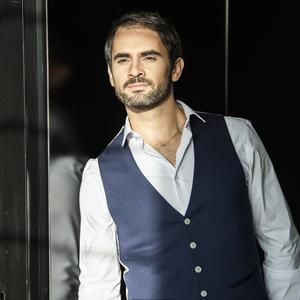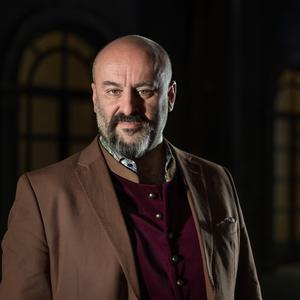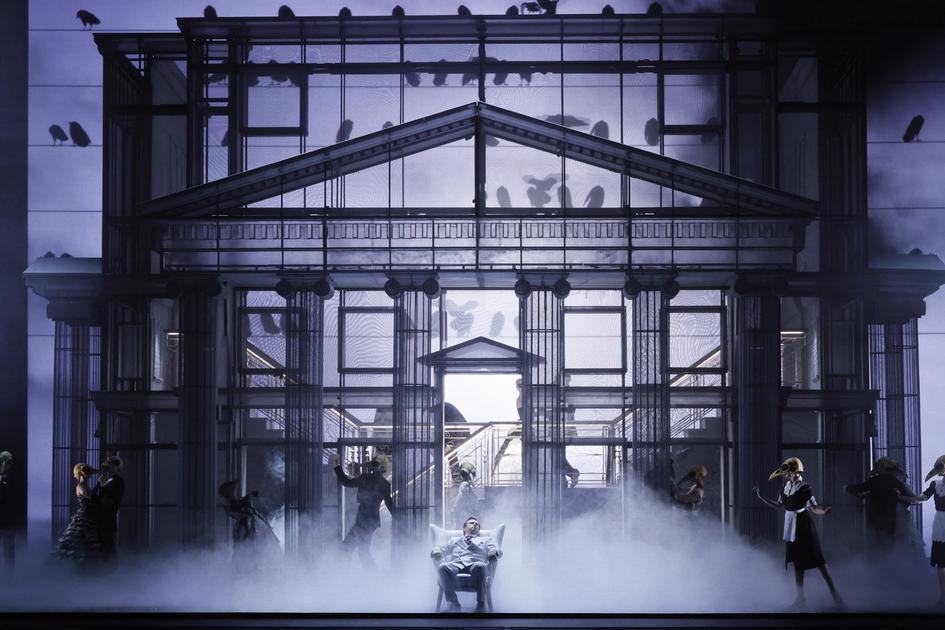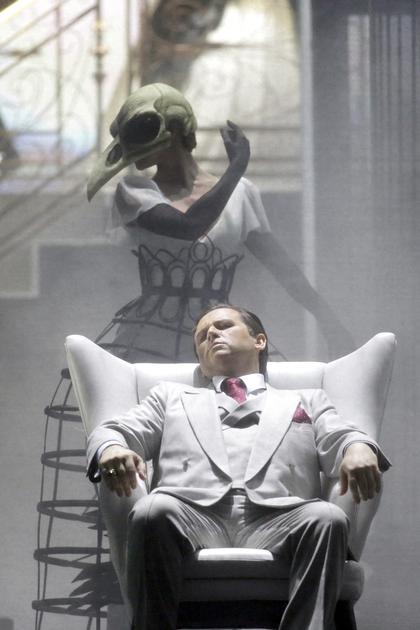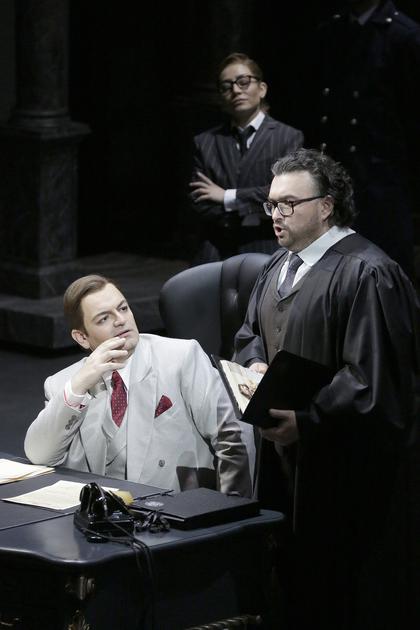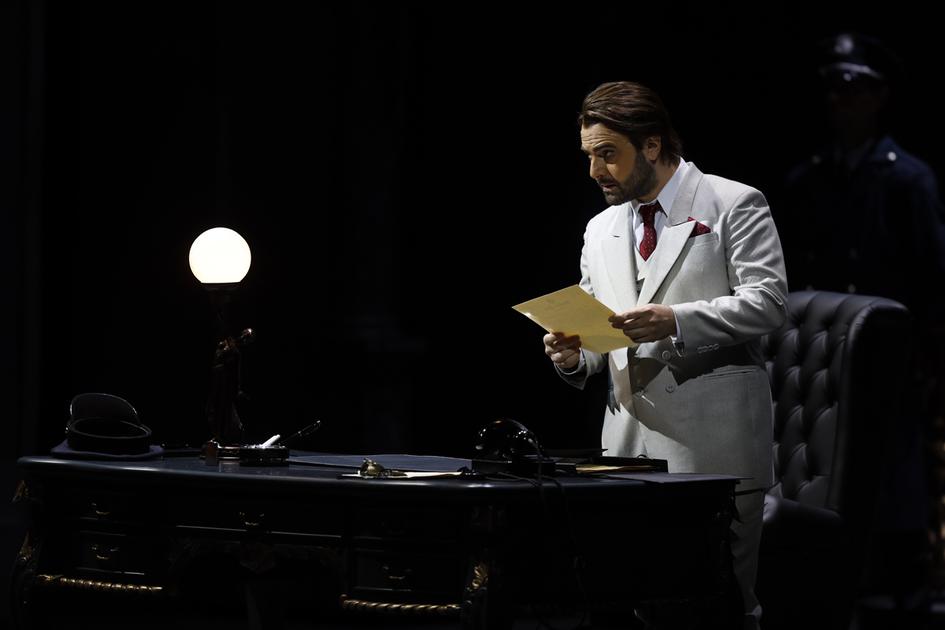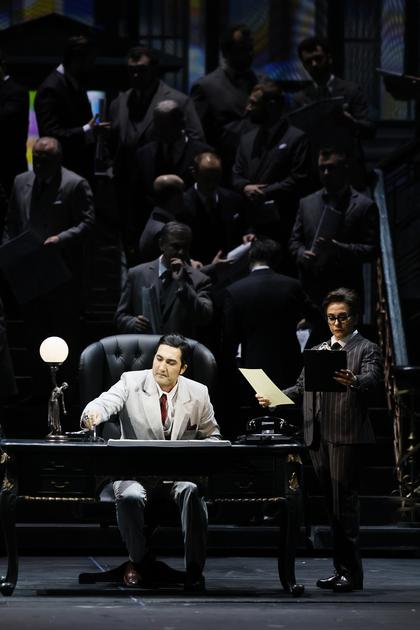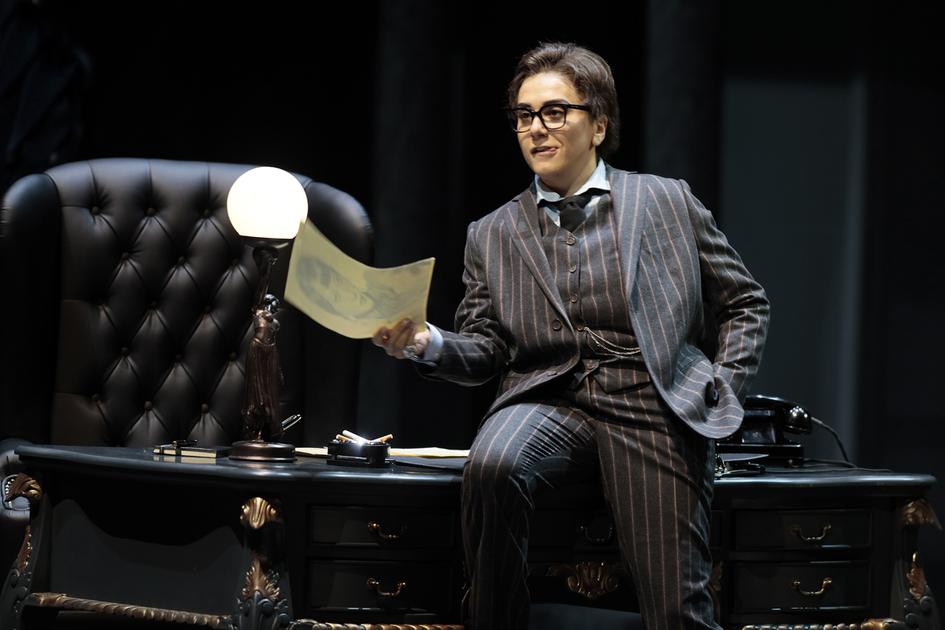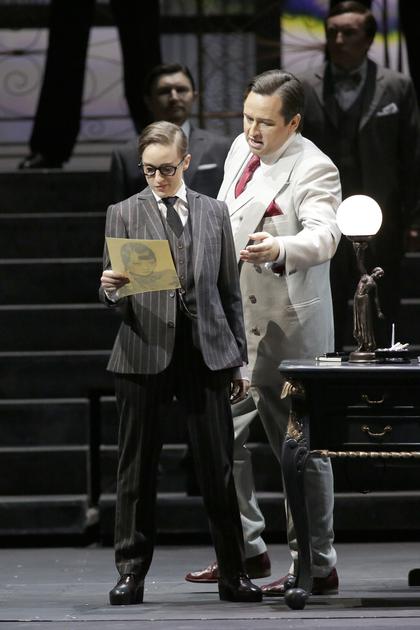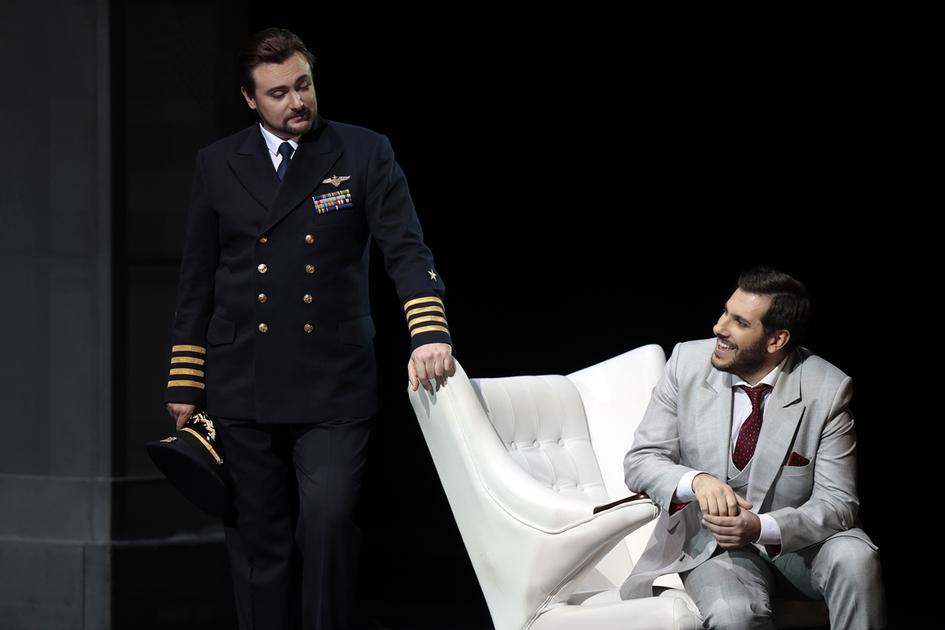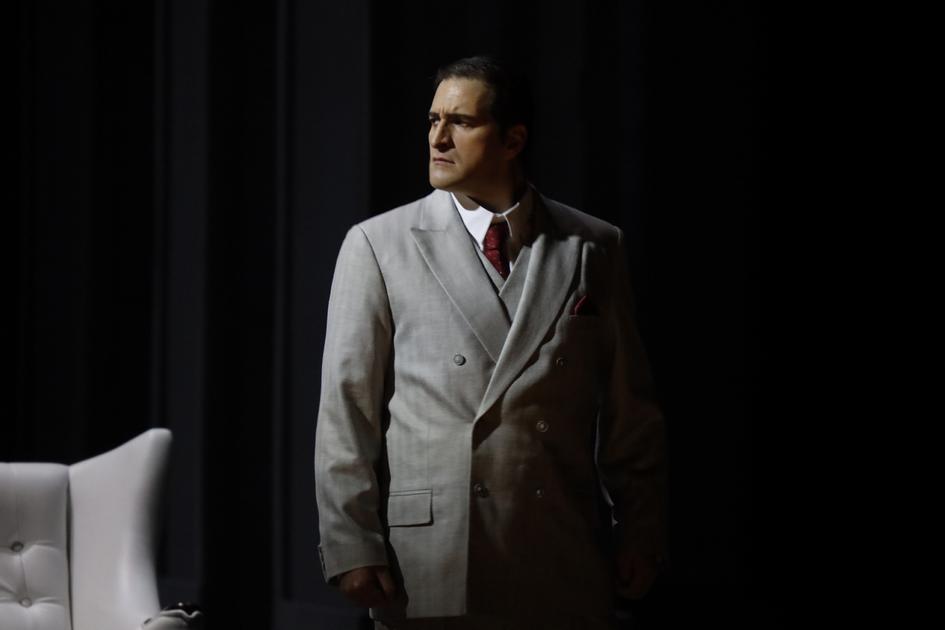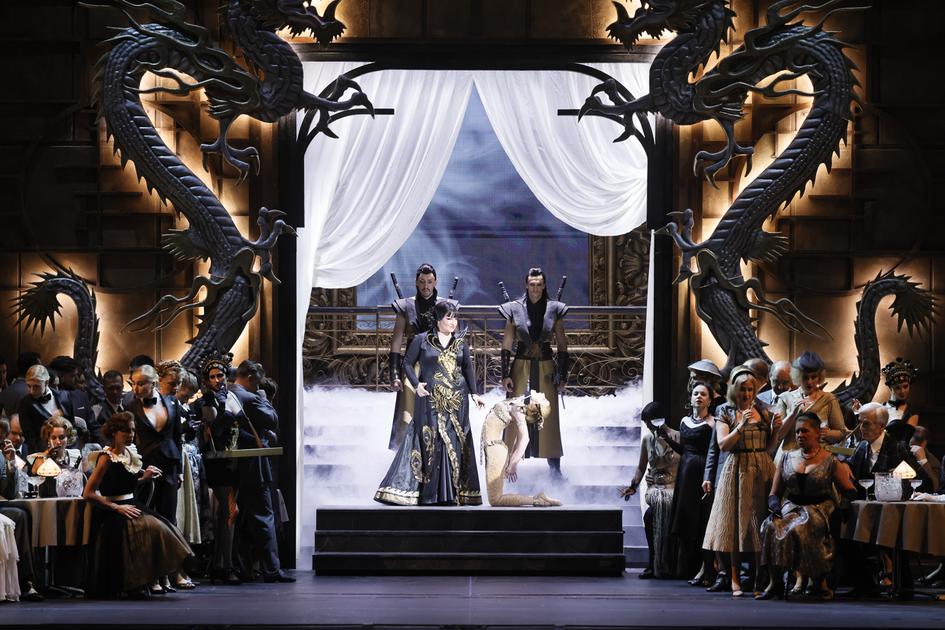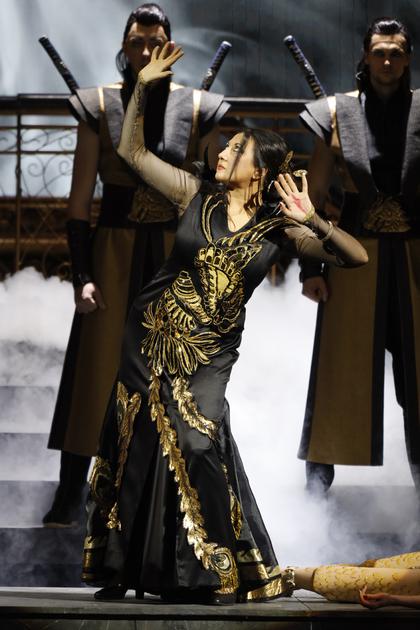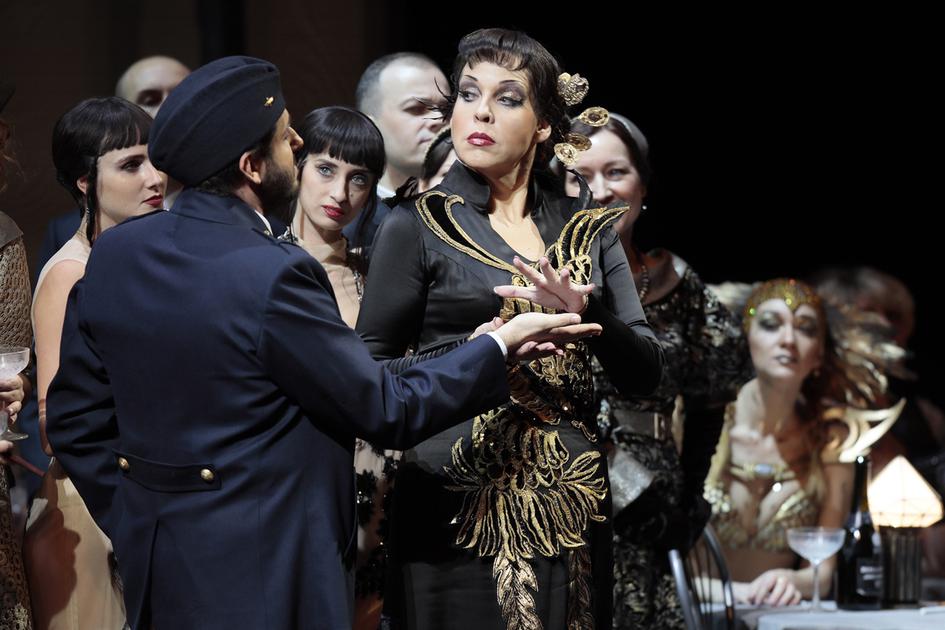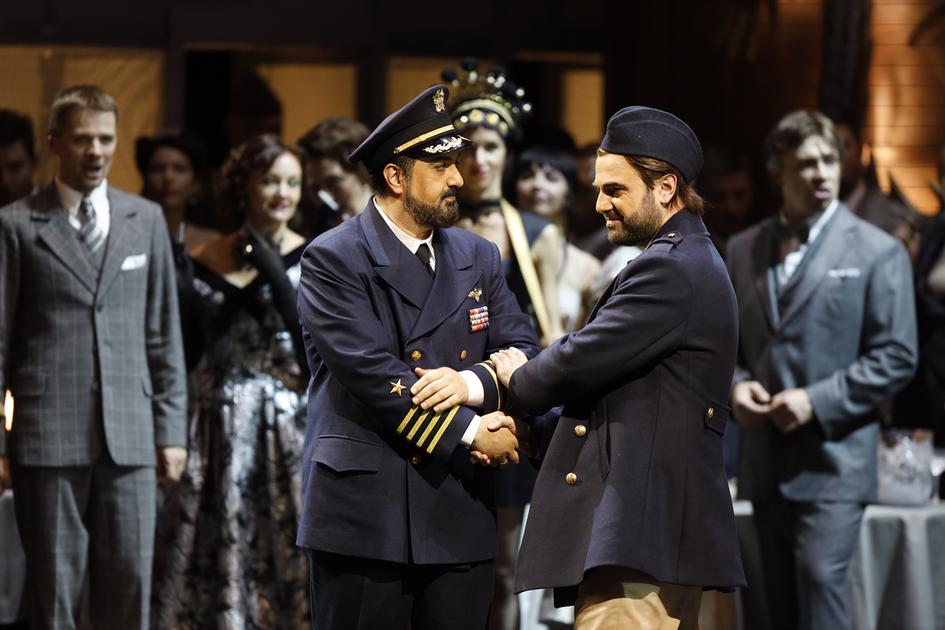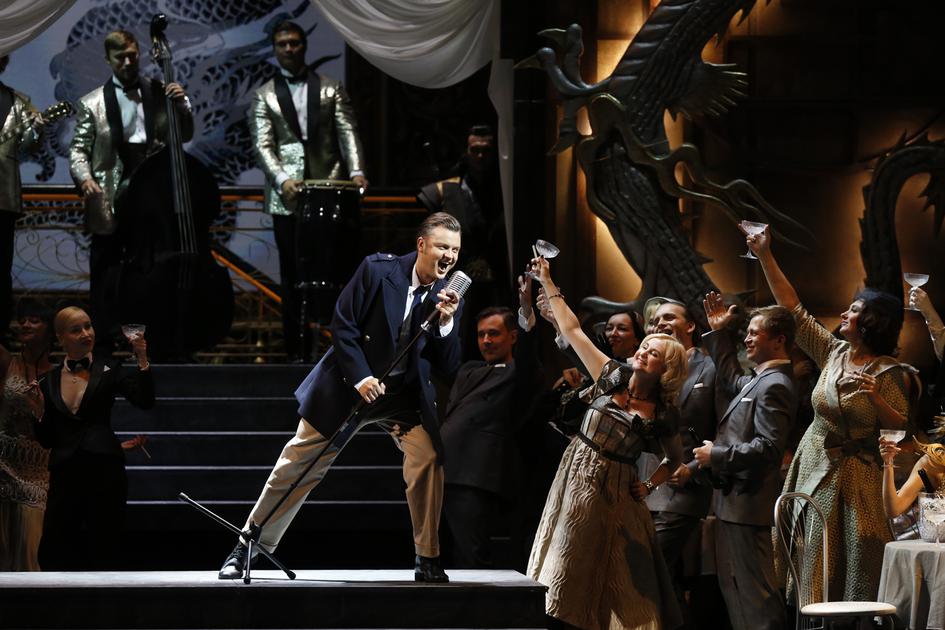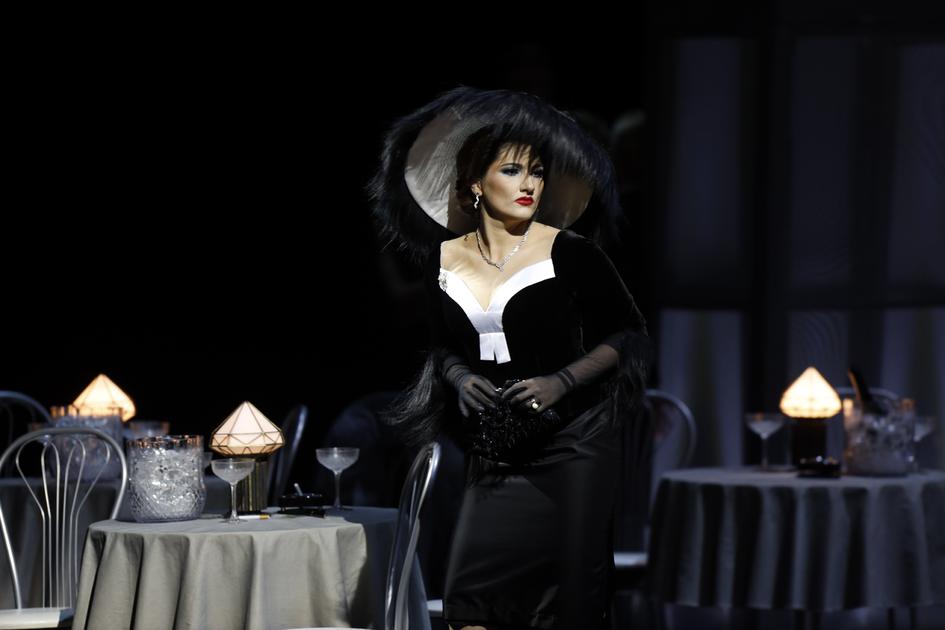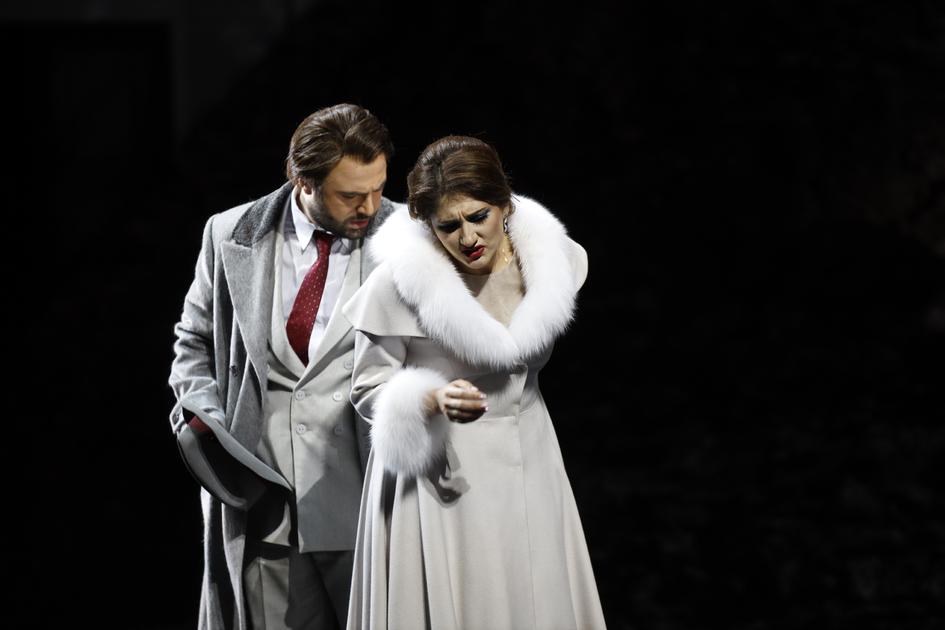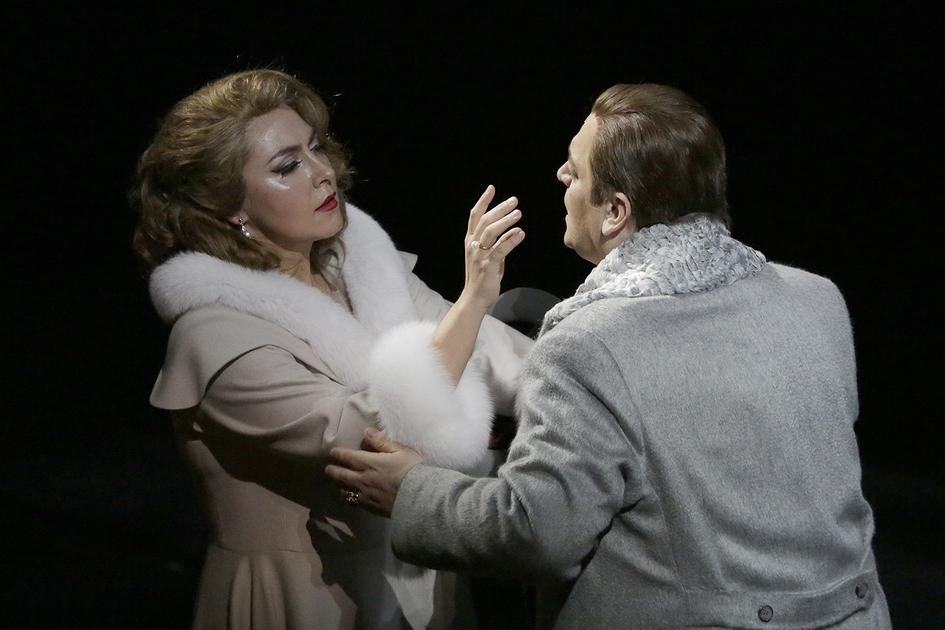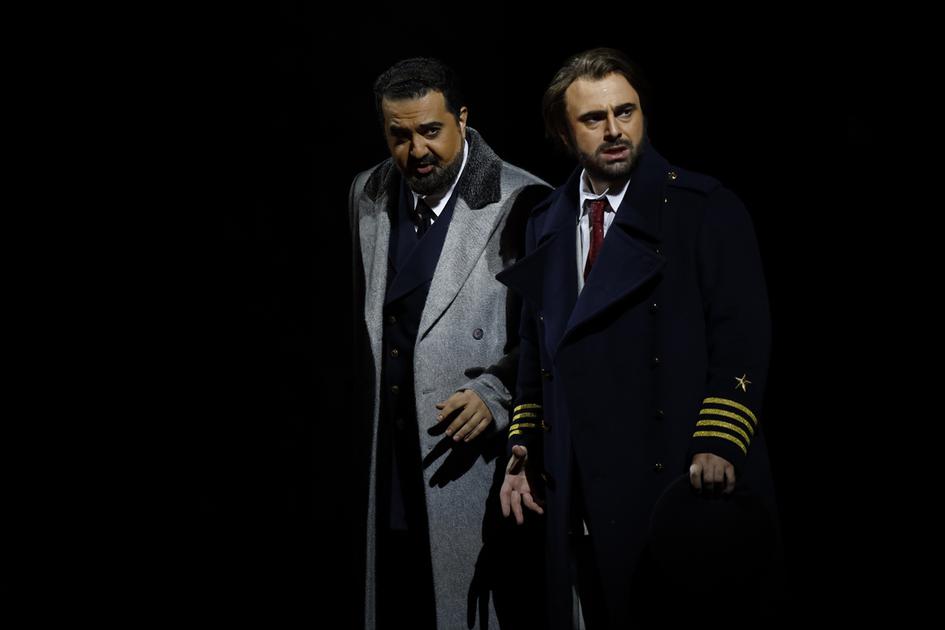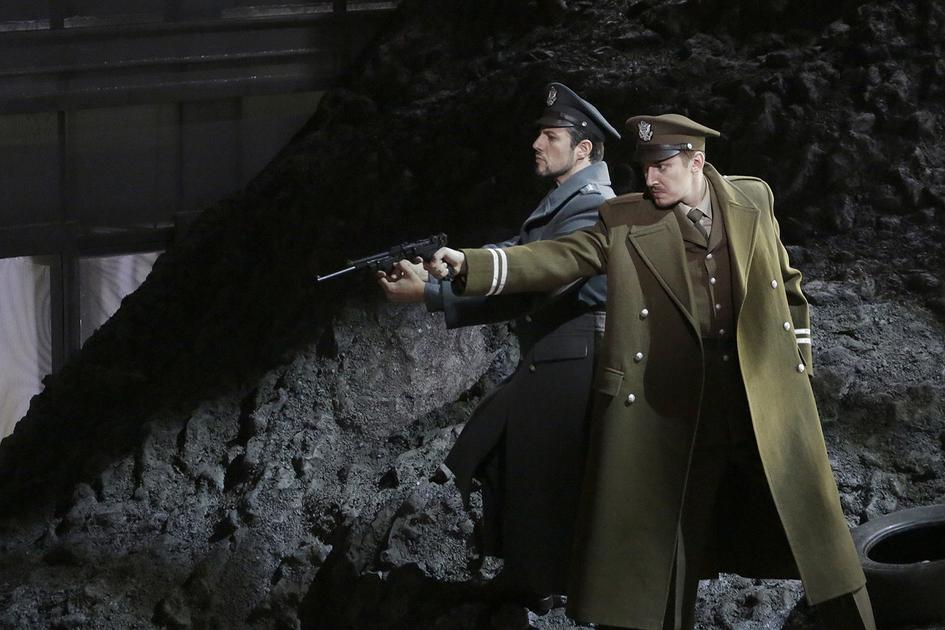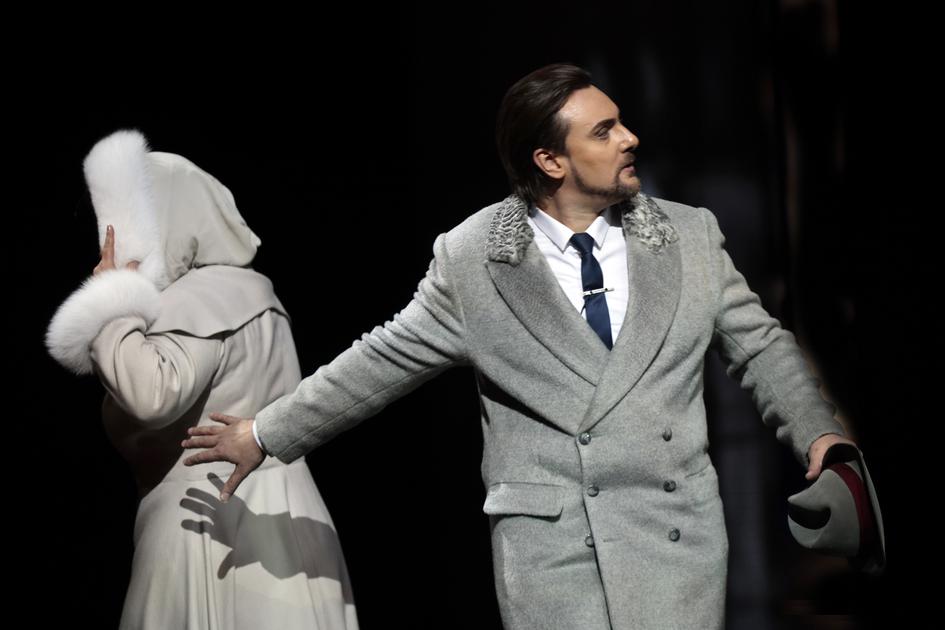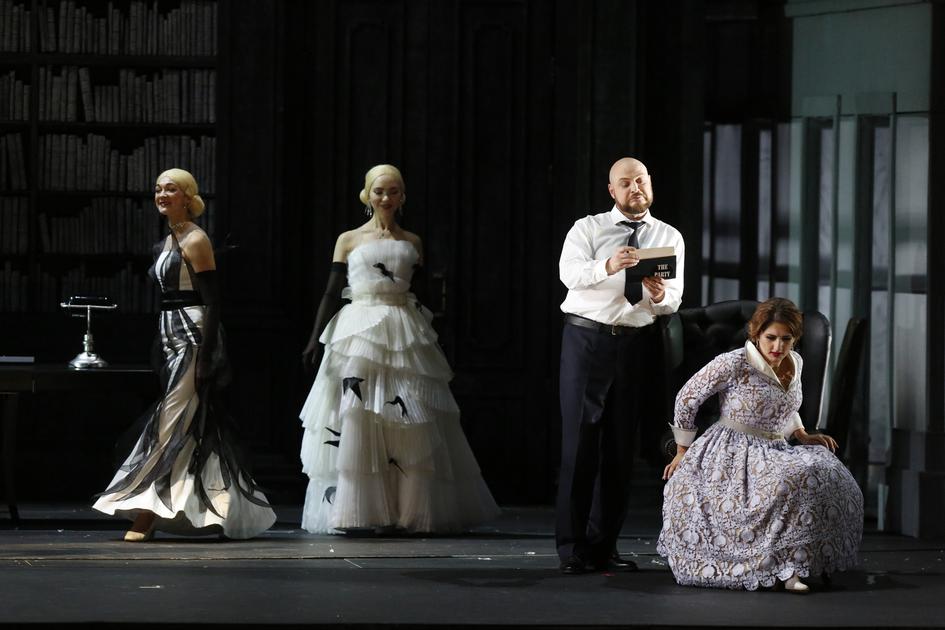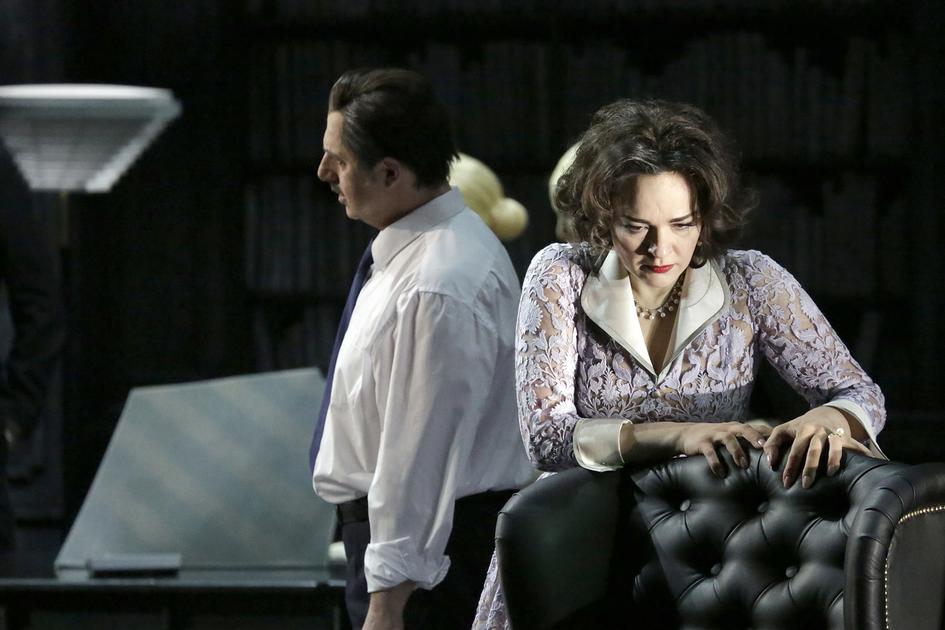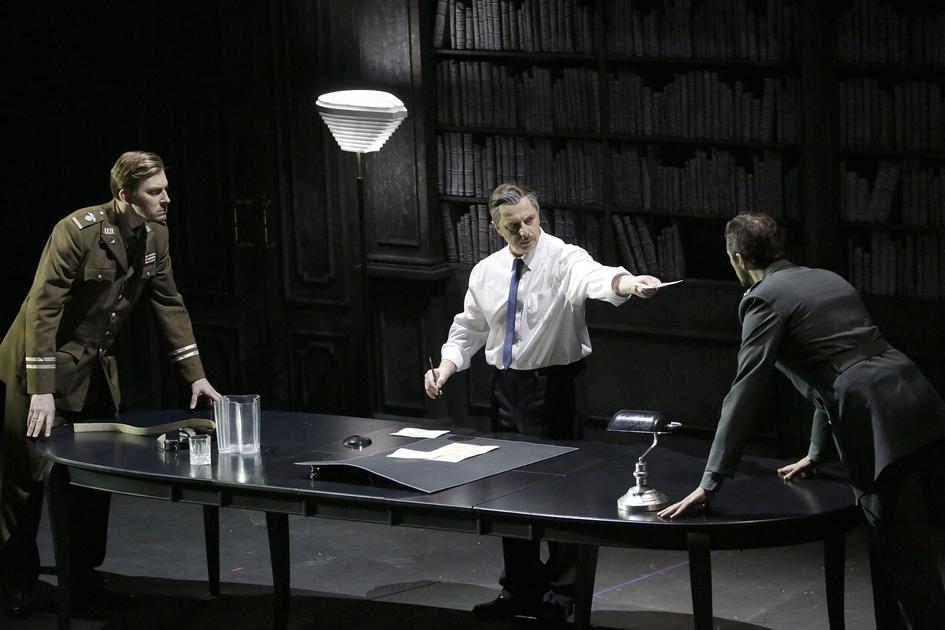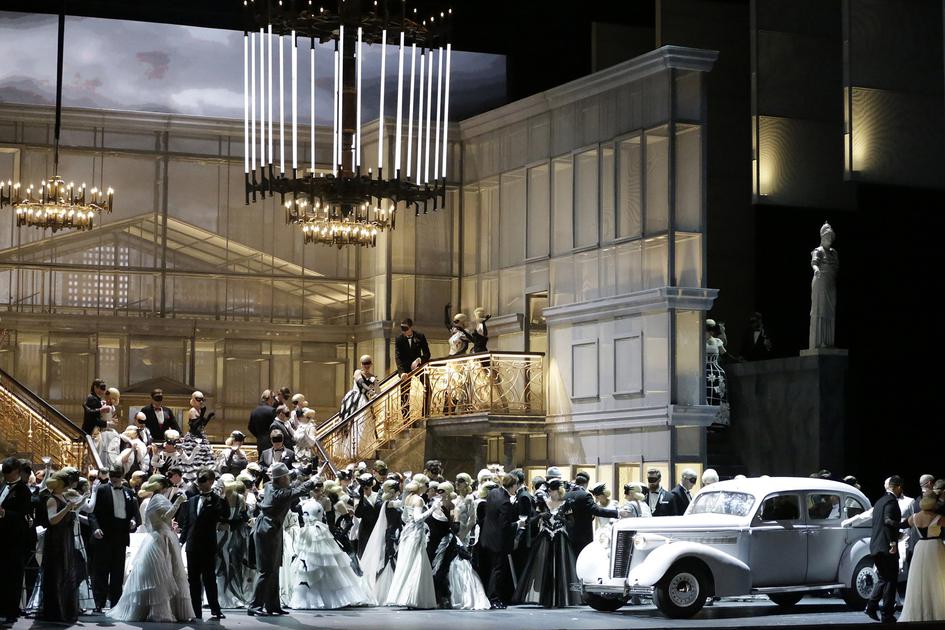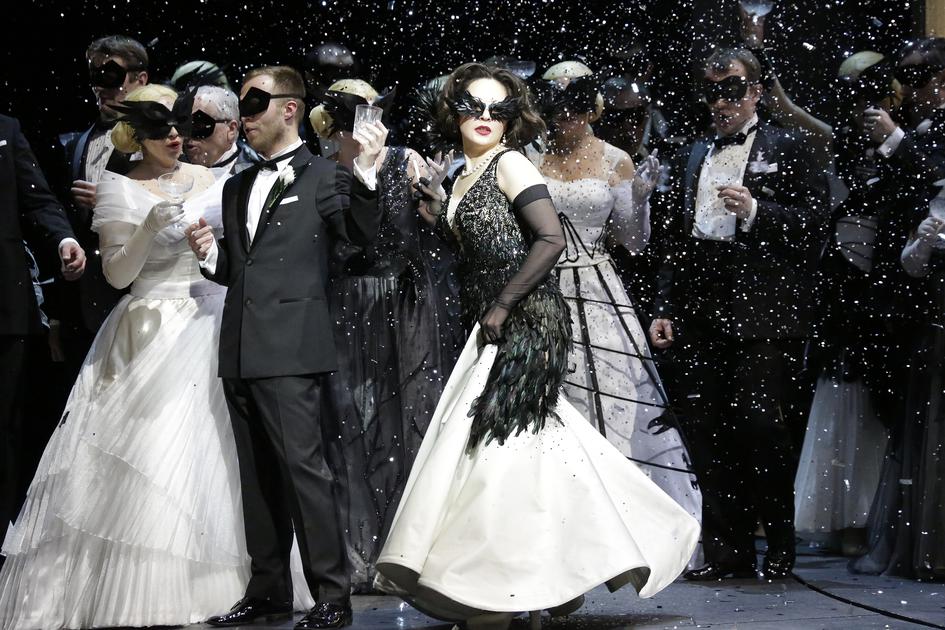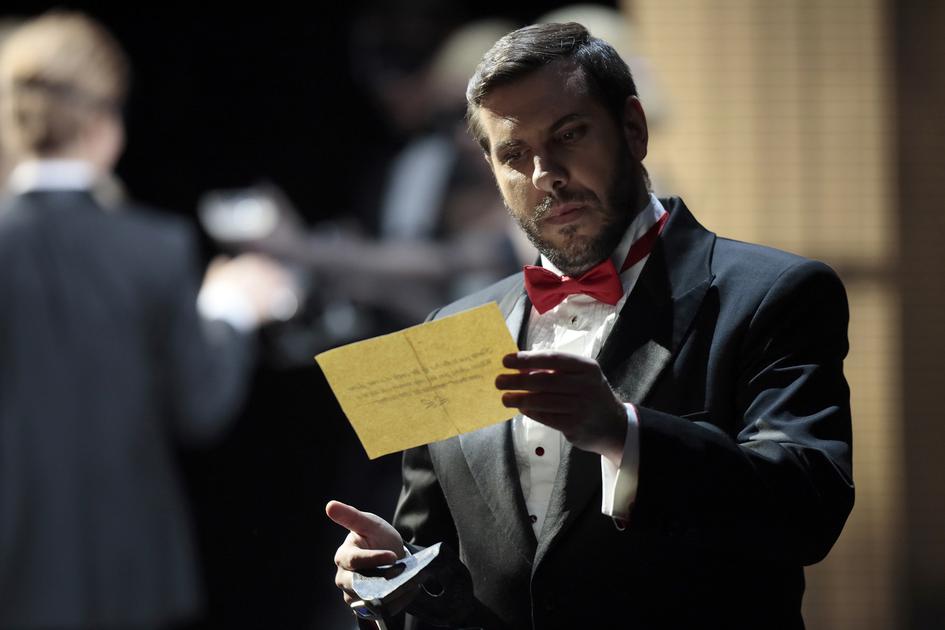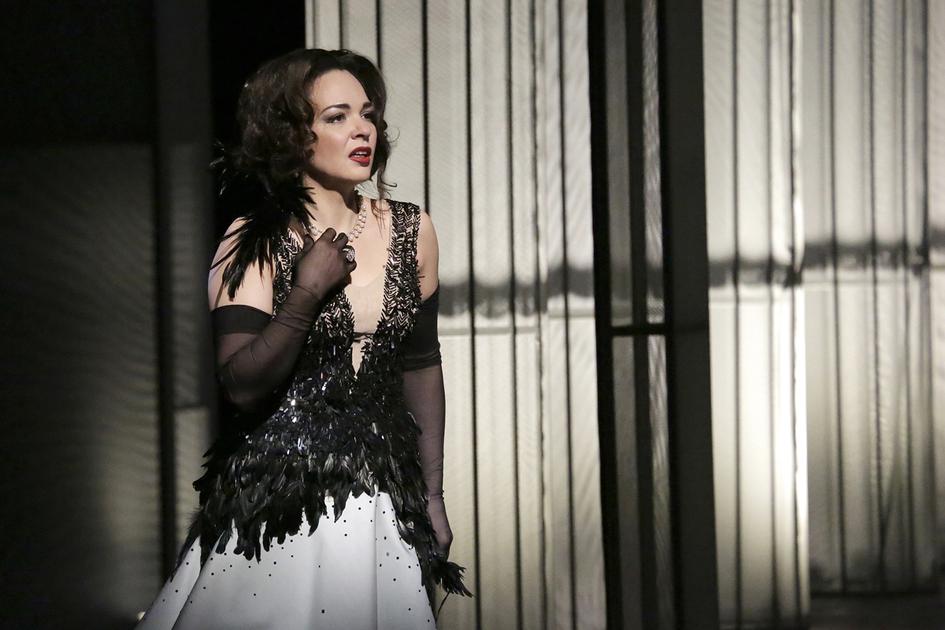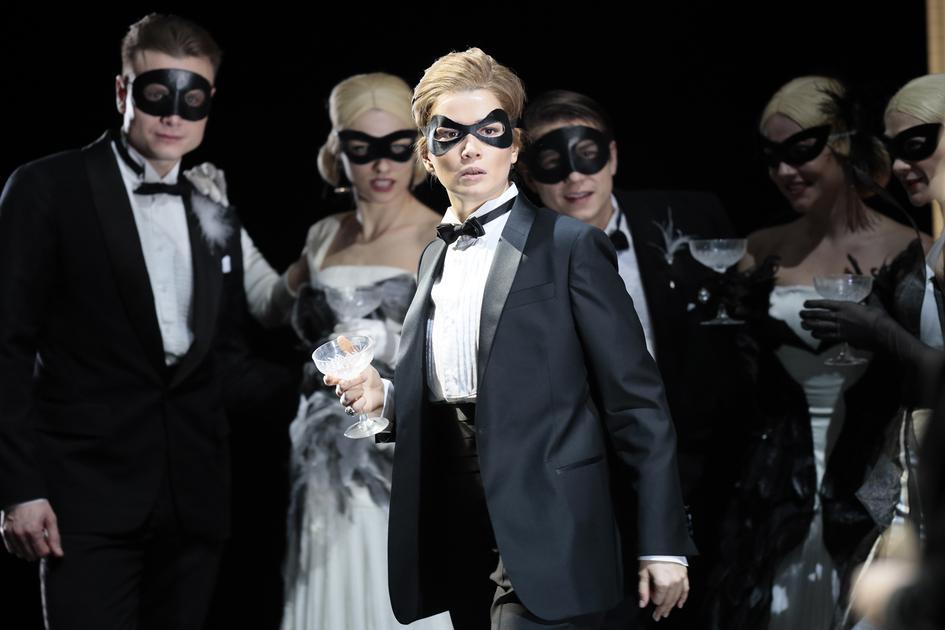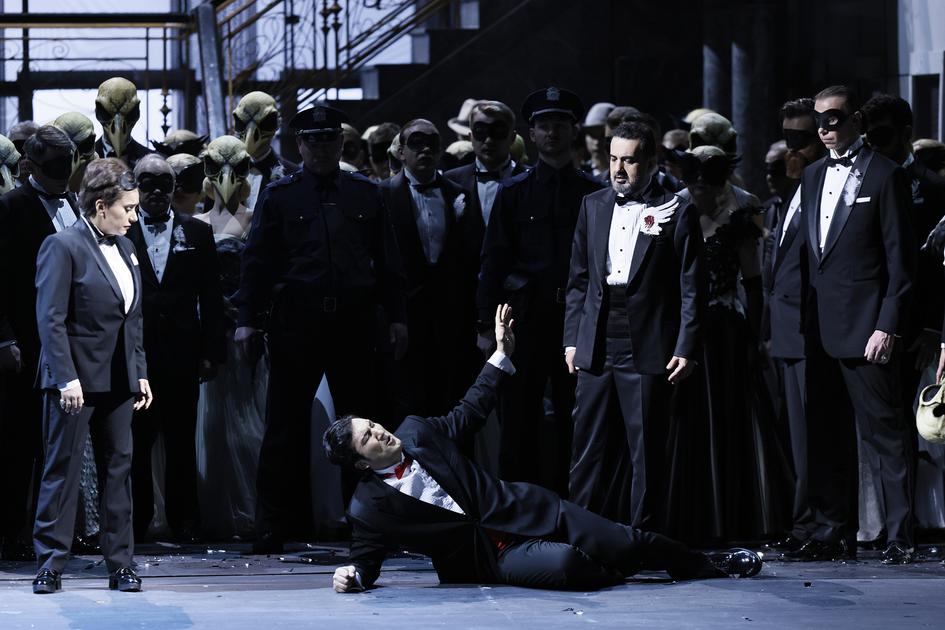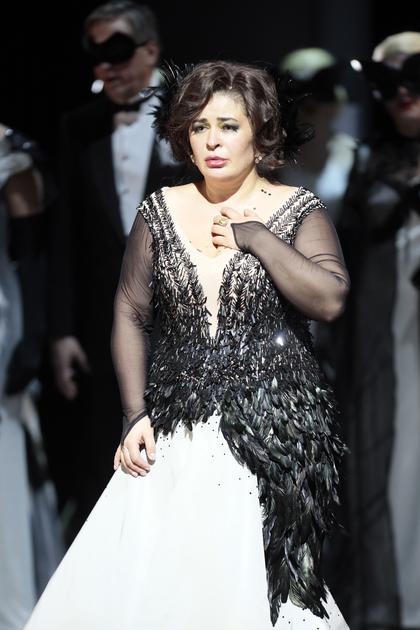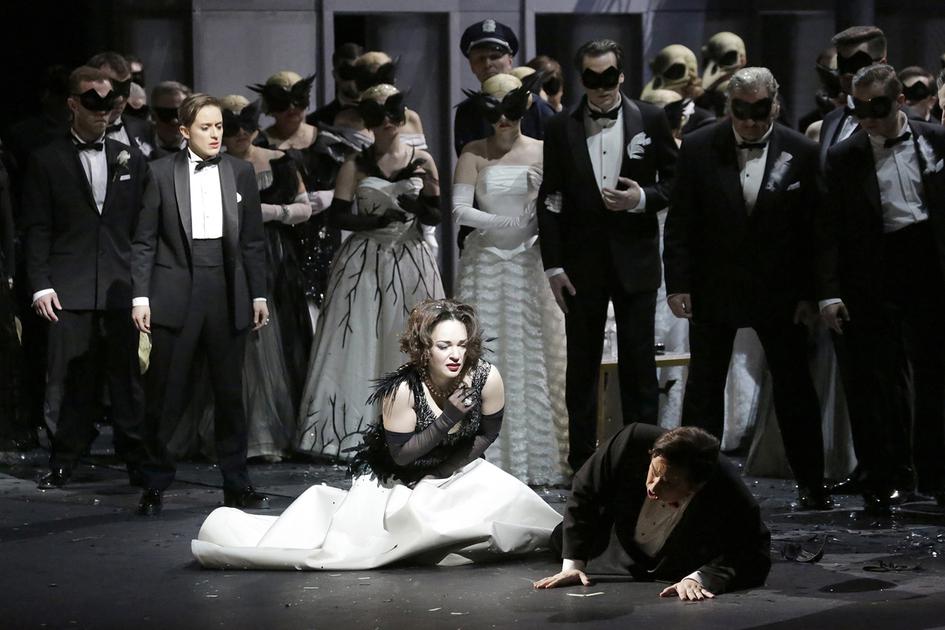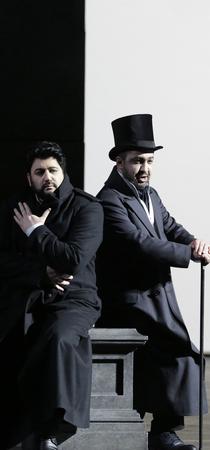
Pyotr Tchaikovsky
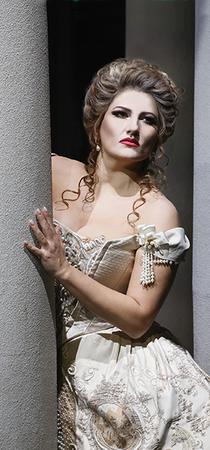
Francesco Cilea
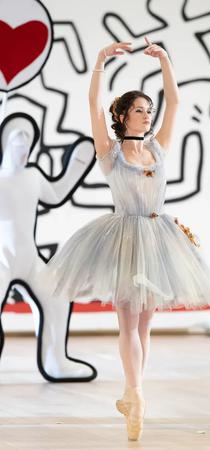
Gioacchino Rossini
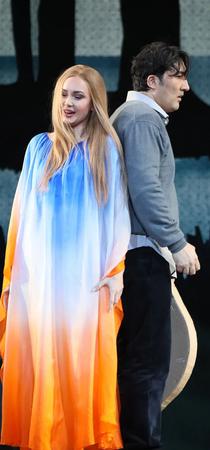
Nikolai Rimsky-Korsakov
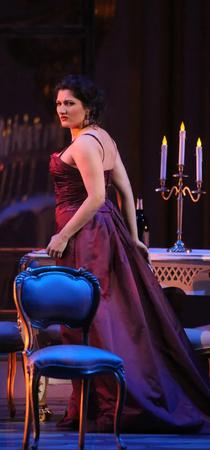
Giuseppe Verdi
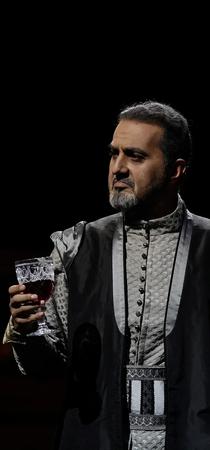
Pyotr Tchaikovsky
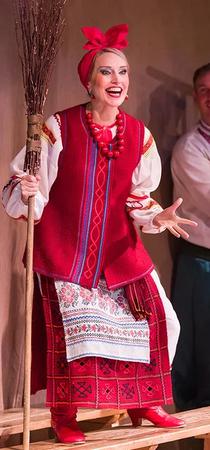
Modest Mussorgsky
Ruggero Leoncavallo
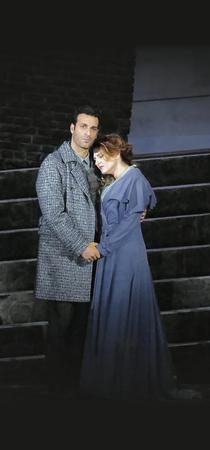
Giacomo Puccini
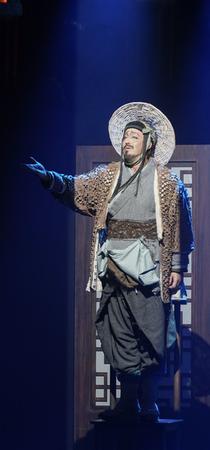
César Cui. Igor Stravinsky
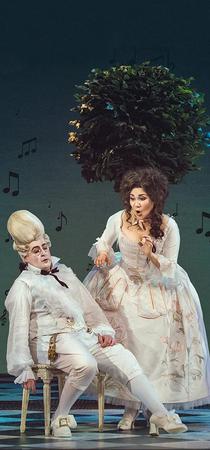
Gioachino Rossini
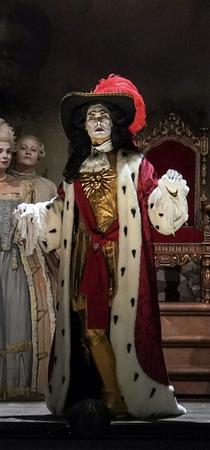
Umberto Giordano
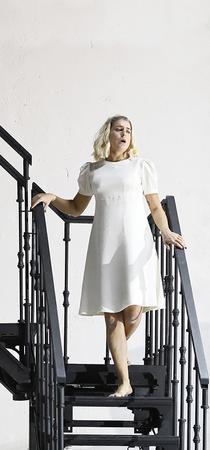
Richard Strauss
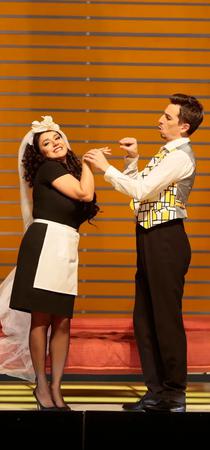
Wolfgang Amadeus Mozart

Richard Wagner
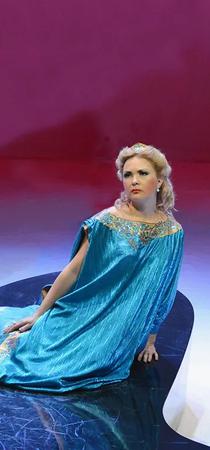
Richard Strauss
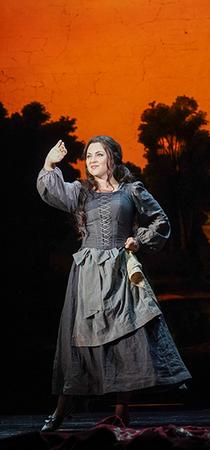
Gaetano Donizetti
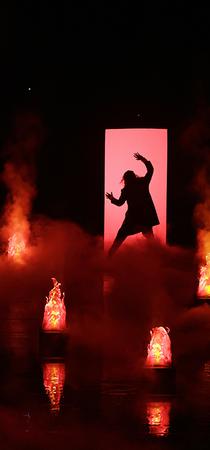
Wolfgang Amadeus Mozart
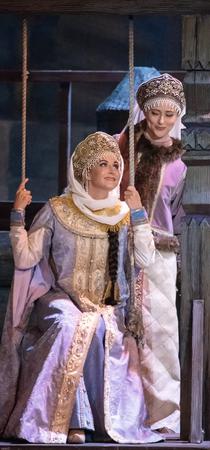
Nikolai Rimsky-Korsakov
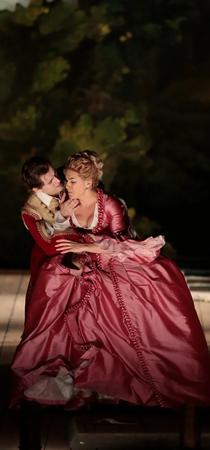
Wolfgang Amadeus Mozart
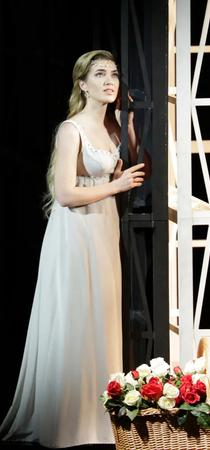
Pyotr Tchaikovsky
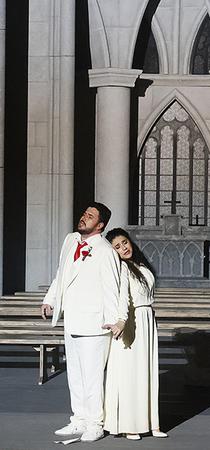
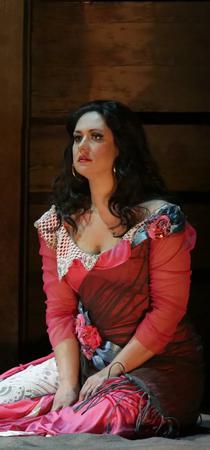
Georges Bizet
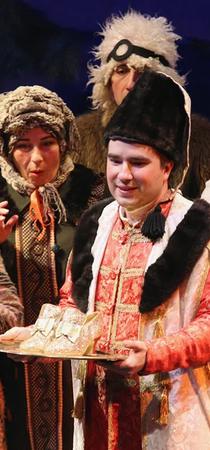
Pyotr Tchaikovsky
Andrei Rubtsov
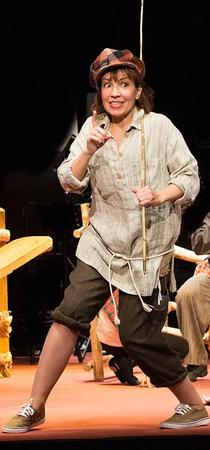
Sergei Prokofiev
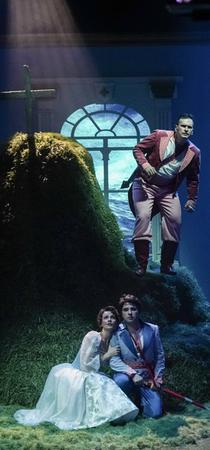
Alexei Verstovsky
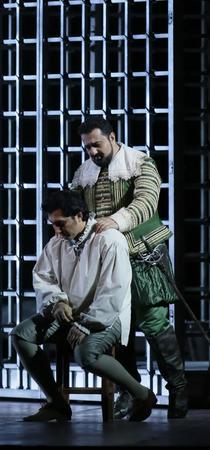
Giuseppe Verdi
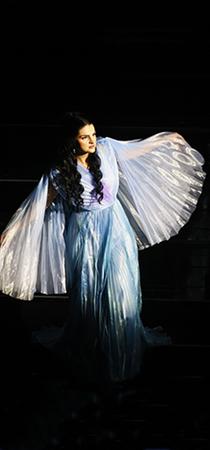
Anton Rubinstein
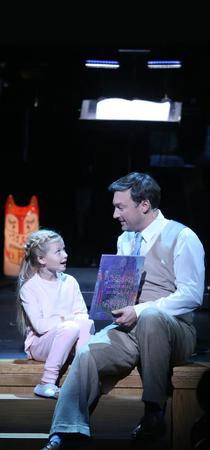
Benjamin Britten. Camille Saint-Saëns
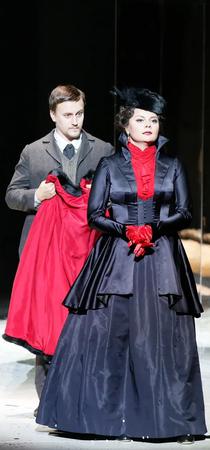
Mieczysław Weinberg
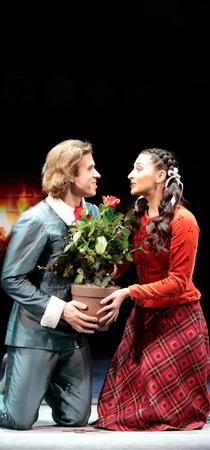
Sergei Banevich
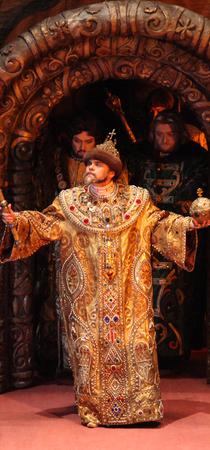
Modest Mussorgsky
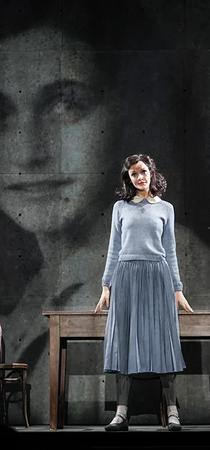
Grigory Frid. Udo Zimmermann
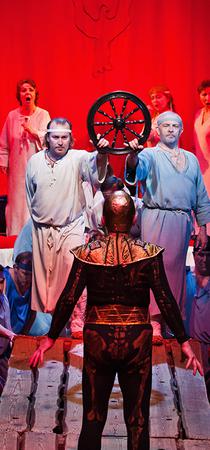
Dimitry Rostovsky
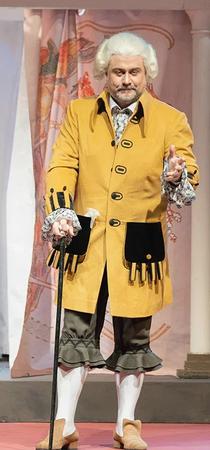
Wolfgang Amadeus Mozart
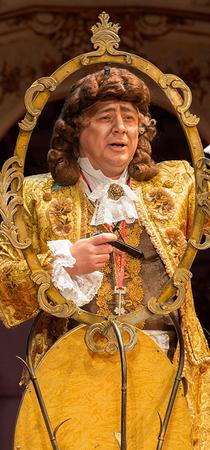
Georg Philipp Telemann
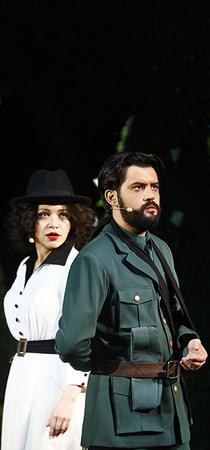
Hector Berlioz
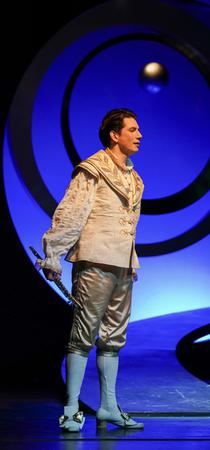
Wolfgang Amadeus Mozart
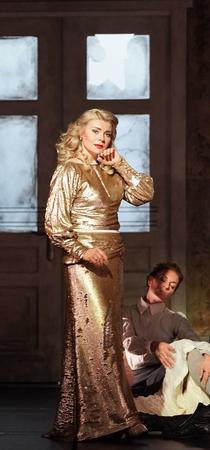
Sergei Prokofiev. Maurice Ravel
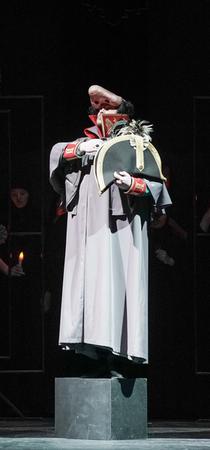
Dmitry Shostakovich
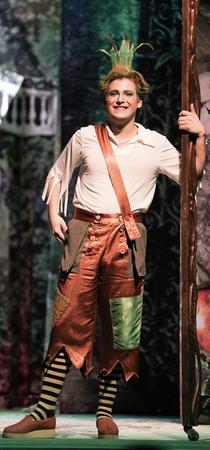
Tatiana Kamysheva
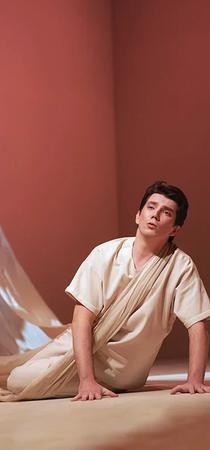
Georges Bizet
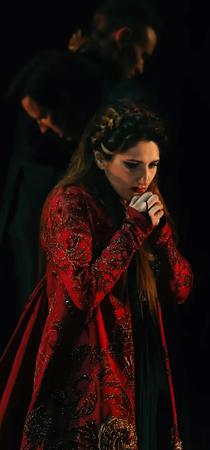
Giacomo Puccini
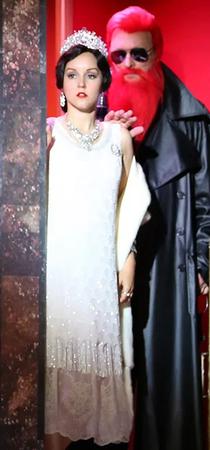
Jacques Offenbach
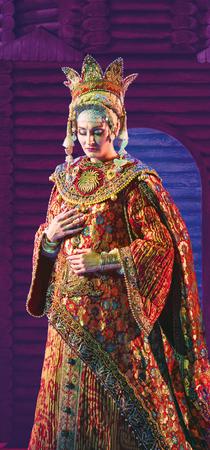
Nikolai Rimsky-Korsakov
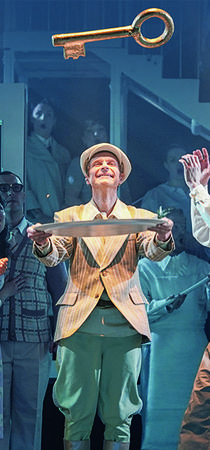
Dmitry Shostakovich
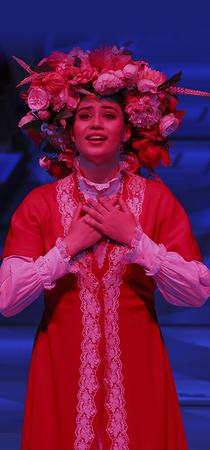
Alexander Ostrovsky, music by Pyotr Tchaikovsky
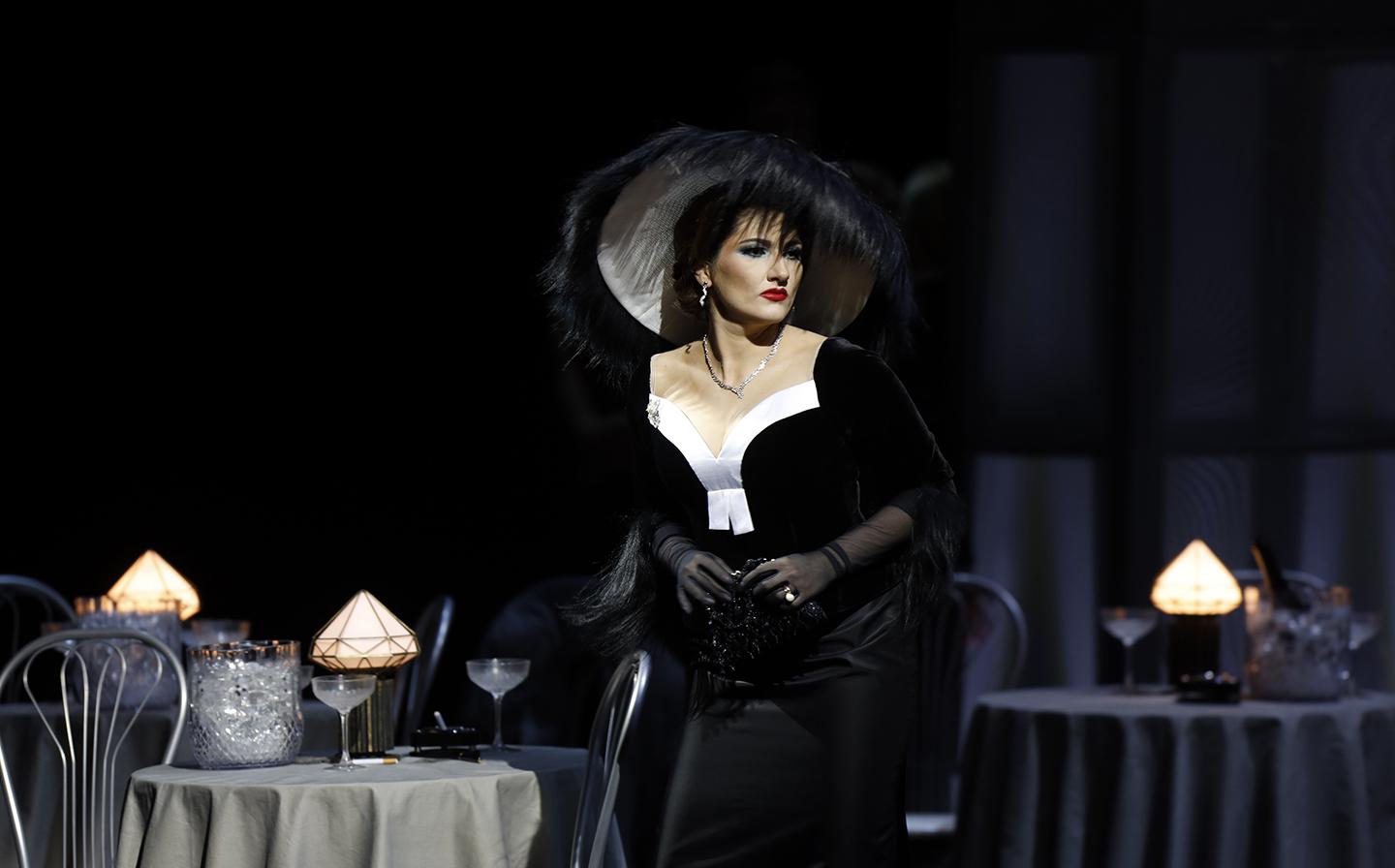
In 1857 Giuseppe Verdi received a proposal from the Theatre of San Carlo in Naples. The composer longed to create an opera based on Shakespeare’s tragedy King Lear. However, the theatre could not invite the singers who, according to Verdi, would be able to realise his conception. So, Un Ballo in Maschera was a compromise. An effective plot about the murder of Swedish King Gustave III had already been tested with the audience: in 1833 Daniel Auber created an opera from the libretto by Eugène Scribe, a French dramaturg, which was based on the same story. The cast also was suitable for a typical troupe of an Italian opera theatre.
The story has all the necessary qualities to compel public attention. There is a twisting plot that draws a love triangular into a political conspiracy. It has colourful characters, strong passions, tense situations and impressive stage effects like a witchcraft scene, a love duet in the night field, where the executions take place, or a murder against a masquerade background. “A brilliant drama that totally fits into the morals of our time” as Giuseppe Verdi said of it himself.
Premiered on April 20, 2018.
Presented with two intervals.
Libretto by Antonio Somma based on the text by Augustin Eugène Scribe
with the technical support in graphic and production design of GIÒ FORMA
Sunday, 14:00
Saturday, 19:00
Friday, 19:00
Thursday, 19:00
Wednesday, 19:00
Sunday, 14:00
Saturday, 19:00
Friday, 19:00
Thursday, 19:00
Wednesday, 19:00
Act I
Richard, Count of Warwick, English governor of Massachusetts, receives visitors in his residence. Among his court officials who praise their governor are Samuel and Tom who connive to murder Richard. Oscar, the page, brings Richard a list of invitations to a ball; it includes the name of Amelia, whom Richard is secretly in love with despite her being married to his friend and secretary, Renato.
When petitioners leave, Renato comes and warns Richard of a plot against him. He wants Richard to be cautious, but the Count refuses to arrest the conspirators or even to learn their names. The Supreme Judge comes with a proposal to expel Ulrica the fortuneteller. Oscar makes a passionate speech in her defense, and Richard decides to visit Ulrica himself. He invites his court to join him and have fun in disguise.
